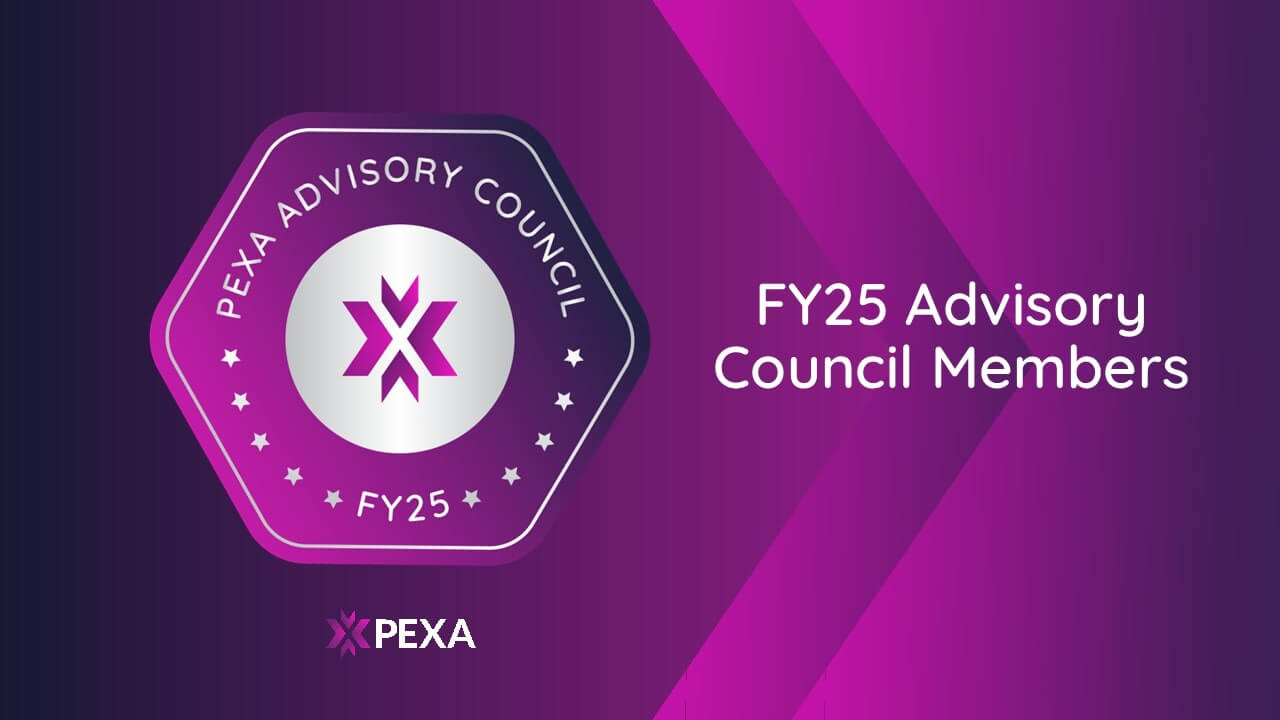It’s hard to believe that digital conveyancing did not exist a decade ago.
But now that it’s well and truly here, the benefits are clear – with the transparency of the digital system offering greater accuracy and efficiency for everyone involved in Australian property transactions.
Digital conveyancing convenience
For millions of Australians managing the legal processes behind buying and selling property safely and securely, the digital system has been a welcome evolution.
While clicking a few keys on your keyboard is a wonderful way to make property transactions seem easier than ever, it’s important to understand what goes on behind-the-scenes of your electronic conveyancing experience.
Understanding electronic settlement
The turn towards the convenience of electronic conveyancing has grown rapidly across Australia in recent years. Electronic conveyancing enables lawyers, licensed conveyancers, and financial institutions to access a secure digital platform to prepare, sign and then lodge all the legal documentation needed for the transfer of property ownership and financial settlement between a seller and a buyer.
Transfer of property arising from other circumstances, such as refinancing, death or divorce, can also be managed easily under the convenient digital system.
Depending on where the property has been bought or sold, electronic lodgement is sent to the relevant state-based land registry office.
The PEXA story
Supporting it all, is the use of digital conveyancing platforms, such as PEXA, which enables conveyancing practitioners, such as our team of conveyancers and lawyers, to deliver streamlined services efficiently and effectively.
The PEXA platform, for the electronic lodgement of documents and secure payment of settlement funds, is a world-first.
But what exactly is PEXA, and what part does it – and other platforms like it – play in your own property journey?
In 2008, the Council of Australian Governments (COAG) laid the foundations to create a single, national electronic conveyancing solution, known as an Electronic Lodgement Network (ELN). Put simply, the establishment of an ELN meant properties being bought and sold in Australia could have all their associated conveyancing processes completed online.
This includes:
- preparation of electronic dealings and verification of lodgment acceptability
- digital settlement of real property transactions, including payment of settlement monies, duties, taxes and all other disbursements
- electronic lodgment of dealings to the appropriate Land Registry in each state or territory
Following the passing of the e-Conveyancing National Law in New South Wales in late 2012, then in Victoria in early 2013, Property Exchange Australia, (PEXA) officially launched in March 2013, with a mission to modernise Australian conveyancing.
The roll-out of the law regulating digital conveyancing continued with Queensland, Northern Territory, Western Australia, Tasmania, South Australia and more recently the Australian Capital Territory, with the country’s first paperless conveyancing transaction happening in NSW in June 2016.
PEXA across Australia
The establishment of PEXA as the first, and most predominant, electronic conveyancing platform on the market brought conveyancing practitioners and financial institutions together on one digital platform. Since then, the use of digital conveyancing systems has transformed the way property transactions occur in Australia, with some states (including Victoria and New South Wales) making electronic conveyancing mandatory for property transactions.
Buyers and sellers in Victoria and New South Wales have had their property transactions completed electronically for quite some time. In February 2023 Queenslanders joined as the latest state to fully embrace digital property settlements.
Now, in Queensland, like WA, electronic conveyancing is mandated for all property transactions within the scope of electronic lodgement, and traditional paper settlements are only offered when electronic conveyancing isn’t possible, due to specific circumstances of the property transaction and title transfer.
Electronic conveyancing mandates are also in place in South Australia for the electronic lodgement of documents with Land Services SA. Although similar laws have been adopted in Tasmania to prepare for the inevitable shift to electronic conveyancing, the platform is not currently available.
Just as we have accepted and appreciated the ease in which other streamlined digital services have integrated with our lives, the continuing evolution and use of electronic conveyancing instead of the traditional paper system of property settlement, is a positive move.
For both buyers and sellers, the system speeds up many aspects of the settlement process.
Rather than waiting days for bank cheques to clear, sellers enjoy the ability to receive their funds via faster electronic transfer – typically within hours, depending on your financial institution. For buyers, having their name recorded on the property title as owners immediately, rather than waiting several weeks to be registered as the official property owner, offers peace of mind.
The transparency of the electronic system also means that information can be easily cross-checked between parties before settlement – a process that means errors can be easily identified and amended for smoother, faster settlements.
Previously, under the paper system, an estimated 20–30 per cent of all paper settlements failed or were delayed because of human error that included misspelled names on cheques or other minor mistakes that led to major consequences.
More secure property settlements
With more than 400,000 properties being bought and sold in Australia each year, the security of paperless property transactions makes sense for a lot of reasons. For the innovators at PEXA, creating a trusted, reliable platform that underpins such significant transactions has helped establish digital conveyancing as something easier, more effective and, most importantly, safer.
Although the PEXA platform is currently the main player in the thriving digital conveyancing industry, the fast-tracking of a timetable to force competition within the sector has already seen alternative platforms enter the sector.
At Conveyancing.com.au, our commitment to put digital conveyancing at the fingertips of thousands of Australians helps make buying and selling property even easier – and we are proud to be part of those journeys towards smarter, easier settlements.
Conveyancing.com.au is pleased to have solicitor representation on PEXA 2025 Advisory Council (amongst 13 State representatives), advocating for the nation’s property practitioners, leveraging experience, and guiding industry change through collaboration.
Our solicitor Lindel Enticott is a past and current PEXA Advisory Council member.
Conveyancing.com.au actively participates in progressing the digital conveyancing experience for our clients.
Victorian conveyancers and solicitors are encouraged to reach out to lindel.enticott@conveyancing.com.au for any feedback or suggestions to raise within the representative Council.

This article is provided for general information purposes only. Its content is current at the date of publication. It is not legal advice and is not tailored to meet your individual needs. You should obtain specialist advice based on your specific circumstances before taking any action concerning the matters discussed in this article.





